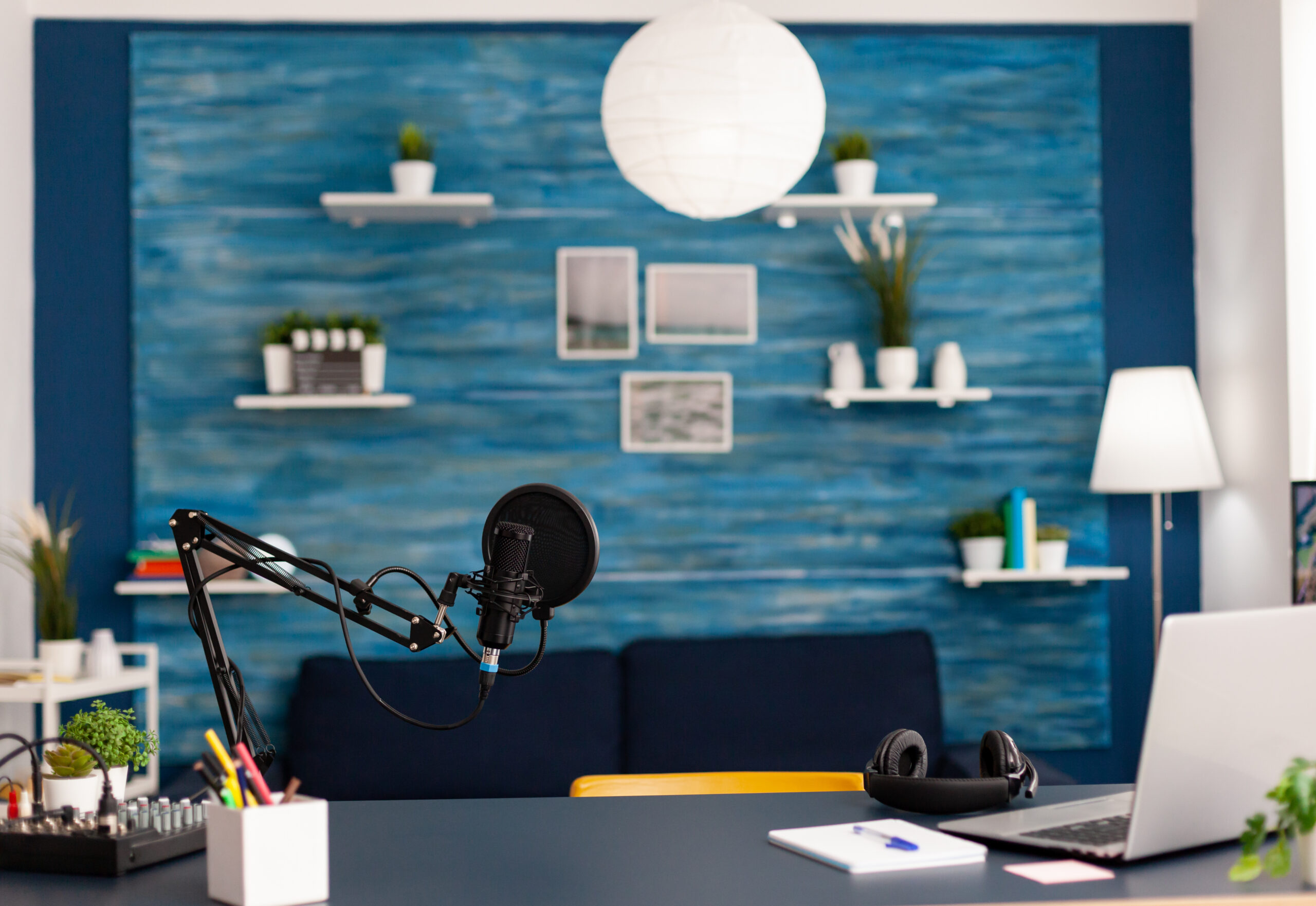No doubt you know the old expression: Necessity is the mother of invention. In the brave new world of voiceover, this is no exception. Only brave in the sense that it’s now a necessity, not a luxury, for the talent to be his/her own engineer, studio builder, sound expert, and more. You’ve got to reinvent yourself to play with the best.
Don’t get me wrong, you can always hire people to put everything together for you, but the world of VO has become faster than ever. To compete, you’ll often have to turn auditions and jobs around very quickly. This will not always allow you time to get into a friend’s studio or book one offering 15- and 30-minute sessions. And if you are able to manage that, do it enough and you very possibly could have invested in a home studio.
Like it or not, it’s time to hike up your big boy/girl pants and get in the game. But you don’t have to spend a fortune. Hopefully, these guidelines – and the ones from our book, Creating a Home Audio Studio, co-authored with audio whiz kid, Alex Baghdassarian – can help. It lays the process out step-by-step, but the following three points must be considered first.
- Good mic: Test several and pick the one that sounds best with your voice. Spend the extra for a good one. Avoid USB mics that plug directly into your computer. They’re low-end and are meant for podcasters, not for broadcast quality. You need a good one! You can search and find deals. Or you might consider a second-hand mic, because quality ones last for years. Ask around. You’ll be surprised how many people wanted to be a singer-songwriter and then just stopped – and now, their $800 mic sits around collecting dust. However, do your research to ensure it’s a mic that’s good for voiceover work instead of one geared more towards a singer. Once you’ve found a good mic, you need a…
- Good space: Make-shift studios work fine for auditions. You’d be shocked to know that in a pinch I’ve recorded them in a car, even a coat closet, with my iPhone. That’s not ideal, but the sound was impressive because of the acoustics where it was recorded. Paying jobs, however, require a viable home studio. Every VO artist in the last ten years has had to set up a broadcast quality studio in their home or office. Then COVID came along and pushed us all into a home studio. You may be wise to hire someone for advice and direction on this. I’ve seen young VO talents spend way too much money and their sound is still mediocre at best. Search online, ask friends working in the audio or sound world, other actors, other voice talents, anyone who can lead you to a good sound consultant. Making a room “dead” enough – that is, with virtually no sound bounce – is critical and a real art. Now all you need is to be a…
- Good learner: If you’re going to be in the VO world, you have to learn to record and engineer your auditions from home, unless you have a roommate or spouse who can do it for you. But trust me when I say, learn it yourself. Don’t think you’re not enough of a techie to learn. A friend of mine is 74 years old, and she has learned to self-tape and record her own voice-over auditions. It took some time and was sometimes frustrating, but she’s now very comfortable with the process. Recording software like Audacity and Garage Band are pretty easy to use, but you also can find tons of tutorials online. Also, if you want to voice audio books, you have to record at home and edit your own work – unless you can afford 20 or more hours of studio time with an engineer.
This will get you started with your own home studio! For a deeper dive, look into our book, Creating a Home Audio Studio. You can also listen to some of the VO world’s best talents and hear the good, the bad, and the ugly behind the mic with my podcast, In My Voice with Kathy Grable, available everywhere.
